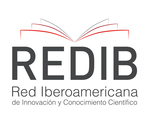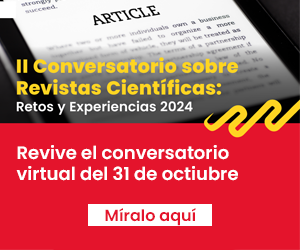Health and Mental Illness. From Corpus Hippocraticum to a thermodynamic approach
DOI:
https://doi.org/10.20453/rnp.v82i4.3649Keywords:
Mental health and illness; epistemology and psychiatry; hippocratic medicine; thermodynamics; cybernetics; teleonomyAbstract
A link is traced between the basic concepts on health and mental illness in the Hippocratic Treaties and the current elements of thermodynamics and cybernetics, through the contributions of authors such as Maturana and Valera (autopoiesis and teleonomy) or Bergson (regularities vs. indeterminism). Anankastic and stochastic phenomena are defined and characterized, highlighting their complementary connection. Following a thermodynamic approach, a mental illness is defined as a structure that imposes itself on the rest of the mental activities and consumes the energy that regulates the remnants of the affected person’s metabolism. Clinical evidences of the benefits of this perspective are given, presenting, for instance, anxiety as “entropic crisis” and depression as an “interference of teleonomy”, while obsessive-compulsive disorders are described from the cybernetic perspective. Throughout the text, the greatest relevance is conferred to the notion of mental illness as a “hegemonic pathos” that absorbs energy resources and diminishes the affected individuals’ possibilities of adaptation to their external environment, and of successfully coping with their own tensions.















 RNP is distributed under a
RNP is distributed under a 